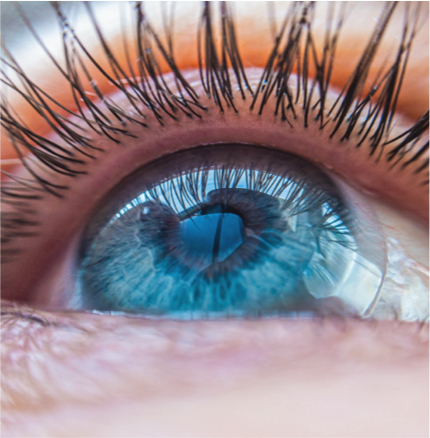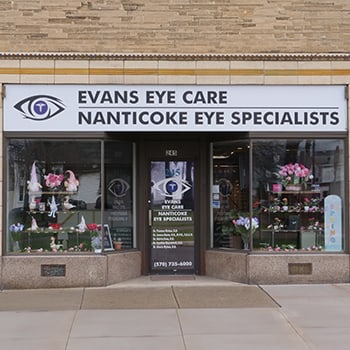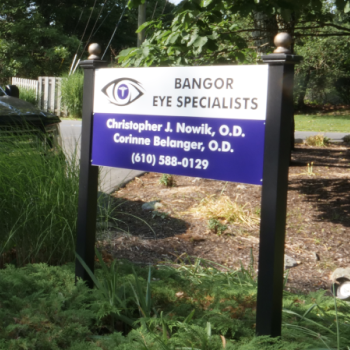When was the last time you had an eye exam? If you’re like many people, you might not schedule an appointment unless you notice vision changes. However, regular comprehensive eye exams are essential, not just for your eyesight but also for your overall health.
At Hazleton, Stroudsburg, Pottsville, Nanticoke and Bangor Eye Specialists, our experienced optometrists are committed to preserving and enhancing your vision. Here’s why scheduling routine eye exams should be a priority for you and your family.
Early Detection of Eye Diseases
Many serious eye conditions develop silently, without noticeable symptoms in the early stages. Conditions like glaucoma, macular degeneration, and diabetic retinopathy can cause irreversible vision loss if left untreated. A comprehensive eye exam helps our optometrists detect these conditions early and provide vision-saving treatment options.
Vision Changes Happen Gradually
Whether you wear glasses, contact lenses, or have never needed corrective eyewear before, your vision can change over time. Regular exams help keep your prescription up-to-date and check that you’re seeing as clearly as possible. Uncorrected vision problems can lead to headaches, eye strain, and difficulty focusing, impacting productivity and daily life.
Eye Exams Can Detect Systemic Health Issues
Your eyes are a window into your overall health. During an eye exam, our optometrists may detect signs of diabetes, high blood pressure, high cholesterol, and even neurological conditions. Many systemic diseases have ocular symptoms, making routine eye check-ups an essential part of your healthcare routine.
Children’s Vision & Academic Success
Did you know that 80% of learning is visual? If a child has undiagnosed vision problems, they may struggle in school, experiencing reading difficulties, poor focus, and headaches. A comprehensive pediatric eye exam can identify issues like lazy eye (amblyopia), eye misalignment (strabismus), and nearsightedness (myopia) before they impact a child’s education and development.
Protecting Your Eyes as You Age
As we age, the risk of developing cataracts, presbyopia, and age-related macular degeneration increases. Routine eye exams allow our doctors to monitor your eye health and recommend lifestyle changes or treatments to keep your vision sharp.
How Often Should You Get an Eye Exam?
- Children: First eye exam by age 1, then at 3 years old, before starting school, and every year after.
- Adults (18–64): Every 1–2 years, depending on vision needs and risk factors.
- Seniors (65+): Annually, to monitor age-related changes and eye diseases.
- People with diabetes or other risk factors: Annually or as recommended by your eye doctor.
Schedule Your Eye Exam Today
Your vision is priceless—don’t take it for granted. Whether you’re due for a routine check-up or experiencing changes in your eyesight, Hazleton, Stroudsburg, Pottsville, Nanticoke, and Bangor Eye Specialists are here to provide experienced, compassionate care.
Book your comprehensive eye exam today and take a proactive step toward lifelong eye health! Schedule an appointment now.






















